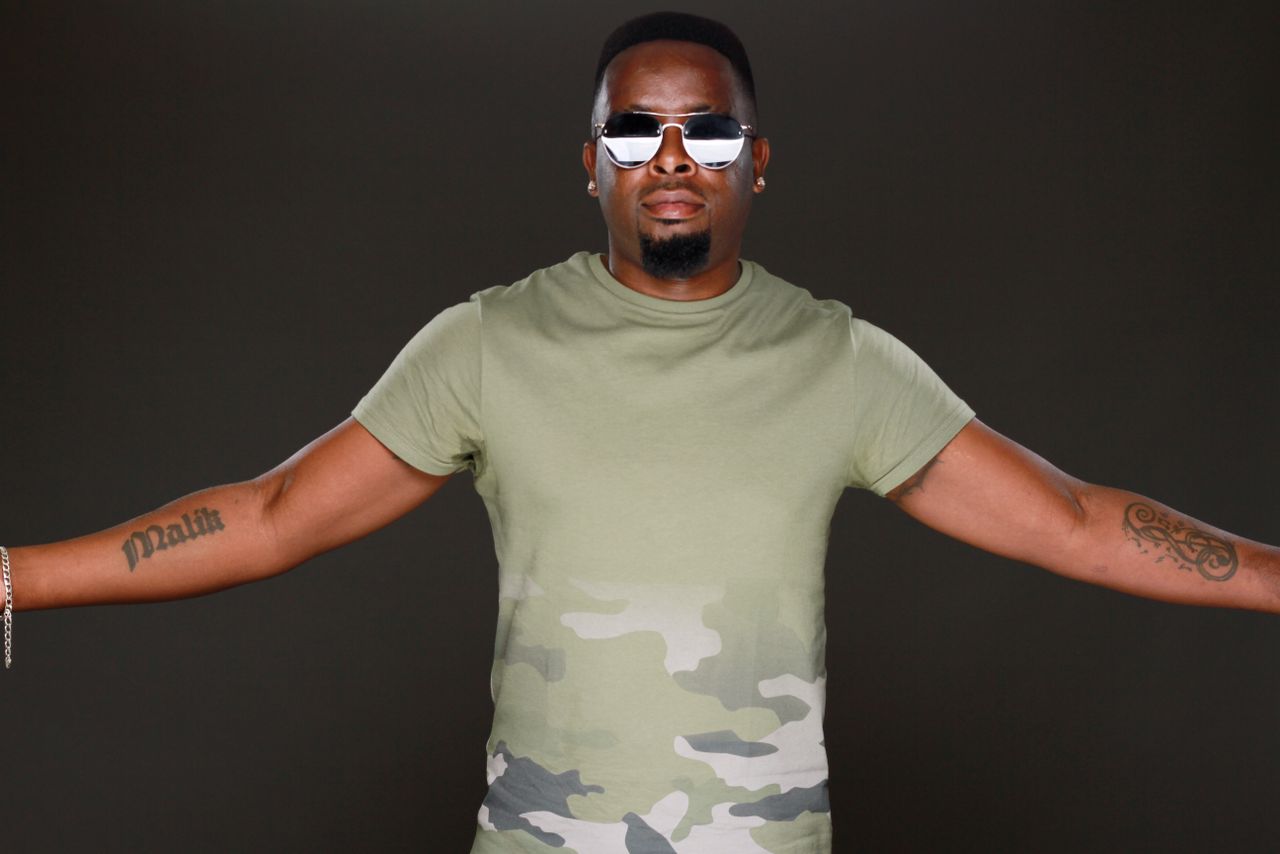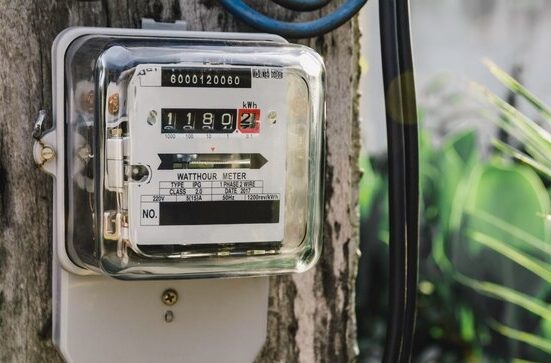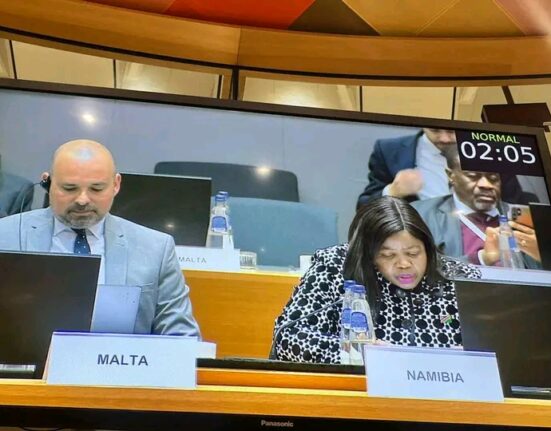Sunny Boy, born Sunday Shipushu, is a name synonymous with innovation and resilience in Namibia’s music industry. Known as the pioneer of “Hikwa” music, a fusion of hip-hop and Kwaito, Sunny Boy has carved out a unique space for himself in the Namibian music scene. His groundbreaking sound, relatable lyrics, and consistent passion for music have earned him a loyal fanbase and cemented his place in Namibia’s cultural history.
This article explores Sunny Boy’s journey, from his humble beginnings to his rise as a musical trailblazer and the enduring legacy of his contributions to Namibian music.
Early Life and Musical Beginnings
Sunny Boy was born on March 13, 1983, in Ongwediva, a small town in Namibia’s northern region. Growing up, he developed a deep love for music, inspired by the sounds of Kwaito and hip-hop that dominated the airwaves in the late 1990s.
In his youth, Sunny Boy began writing lyrics and performing at local events. His ability to seamlessly blend storytelling with rhythm quickly set him apart, and he decided to pursue music as a career. Despite financial challenges, Sunny Boy’s passion and determination drove him to make his mark in the industry.
The Birth of Hikwa Music
Sunny Boy’s most significant contribution to Namibian music is the creation of Hikwa, a genre that blends the lyrical flow of hip-hop with the danceable beats of Kwaito. Hikwa is characterized by its use of local languages, relatable themes, and vibrant energy, making it uniquely Namibian.
Sunny Boy introduced Hikwa with his debut album Young, Black en Gifted, released in 2005. The album, featuring hits like “Balance” and “Serious,” became an instant success and established him as a rising star. Through Hikwa, Sunny Boy created a sound that resonated deeply with Namibians, particularly the youth, as it reflected their realities, struggles, and aspirations.
Breakthrough Success
Sunny Boy’s rise to fame was rapid. His ability to connect with audiences through authentic storytelling and infectious beats earned him widespread acclaim. His second album, The Sleeping Giant, solidified his place as a household name. The album featured chart-topping tracks like “Heat It Up” and “Eendje,” which became anthems across Namibia.
His music often addresses themes such as poverty, social inequality, love, and self-determination. By using Oshiwambo and English in his lyrics, Sunny Boy made his music accessible to a diverse audience while celebrating his cultural roots.
Challenges and Resilience
Sunny Boy’s journey has not been without challenges. From financial struggles to navigating the highly competitive music industry, he has faced numerous obstacles. Despite these setbacks, his resilience and dedication have allowed him to overcome them and remain relevant in a constantly evolving industry.
One of the defining moments in his career was his decision to leave his initial record label to establish his own. This move allowed him greater creative freedom and control over his music, paving the way for even greater success.
Awards and Recognition
Sunny Boy’s contributions to Namibian music have been widely recognized. Over the years, he has won several awards, including:
- Best Kwaito Artist at the Namibian Annual Music Awards (NAMAs).
- Multiple nominations for his innovative music videos and outstanding performances.
These accolades are a testament to his influence and the impact of Hikwa music on Namibia’s cultural landscape.
Collaboration and Influence
Sunny Boy has collaborated with some of Namibia’s biggest artists, including Gazza, The Dogg, and Tate Buti. These collaborations have resulted in timeless hits that continue to dominate airwaves and playlists.
His influence extends beyond music. Sunny Boy is often credited with inspiring a new generation of artists to embrace Hikwa and experiment with blending different genres.
Business Ventures and Philanthropy
In addition to his music career, Sunny Boy has ventured into entrepreneurship. He has launched his own record label, Yaziza Entertainment, which supports up-and-coming artists in Namibia. Through his label, Sunny Boy is nurturing the next generation of talent and ensuring the growth of Namibia’s music industry.
He is also involved in philanthropic activities, using his platform to raise awareness about social issues and give back to his community. Sunny Boy frequently participates in initiatives aimed at empowering youth and addressing challenges such as unemployment and substance abuse.
The Evolution of Sunny Boy’s Music
Over the years, Sunny Boy’s music has evolved to reflect his personal growth and changing musical influences. While he remains true to his Hikwa roots, he continues to experiment with new sounds and styles, keeping his music fresh and relevant.
His ability to adapt and innovate has allowed him to maintain his status as one of Namibia’s most influential artists.
Legacy and Impact
Sunny Boy’s impact on Namibia’s music industry cannot be overstated. As the pioneer of Hikwa music, he has not only created a genre but also a movement that celebrates Namibian culture and identity.
Through his music, Sunny Boy has given a voice to the voiceless, inspired countless fans, and opened doors for future generations of artists. His dedication to his craft and his community ensures that his legacy will endure for years to come.
Sunny Boy’s journey from a young boy in Ongwediva to a musical trailblazer is a story of passion, perseverance, and innovation. As the pioneer of Hikwa music, he has redefined Namibia’s music scene, leaving an indelible mark on the industry.
Through his talent, resilience, and commitment to his roots, Sunny Boy continues to inspire and uplift, proving that music is not just entertainment—it’s a powerful tool for change and cultural expression.













